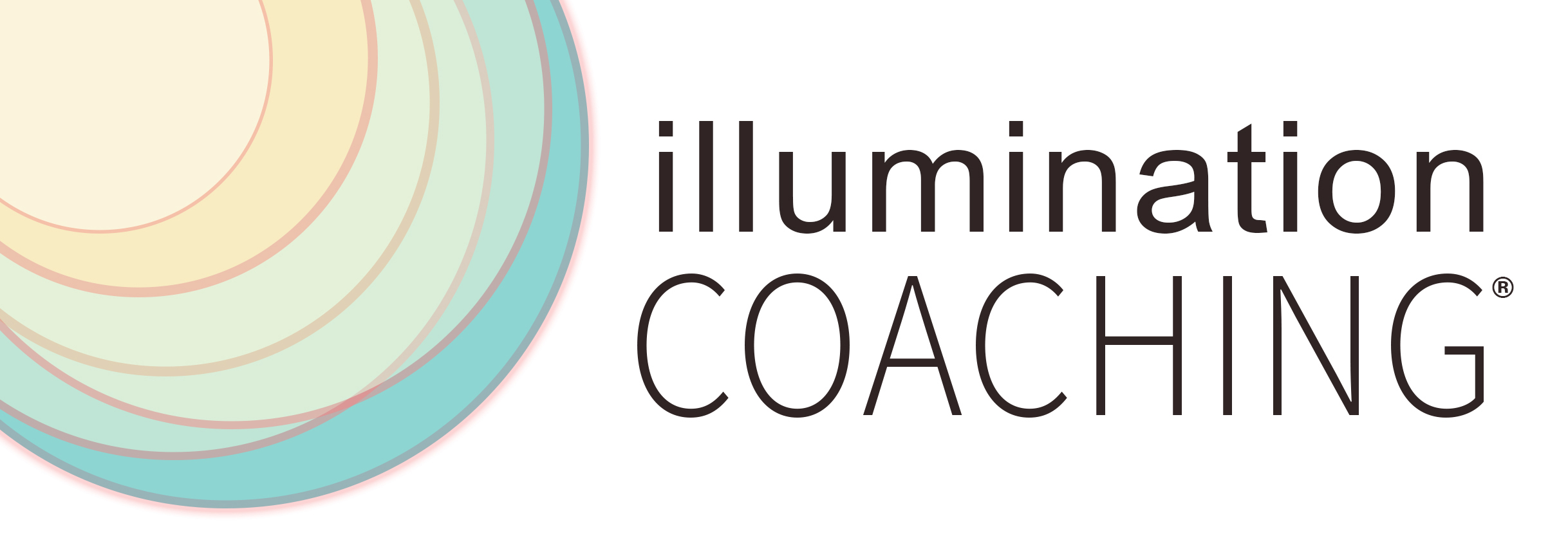I’m excited to announce that I’m going big and bold and starting my own YouTube video series called “Get Curious with Kirsten.” Watch the inaugural video at https://youtu.be/mEsqAq4aRNs
Each week, we’ll talk about the intersection of curiosity and leadership – we’ll get curious about best practices in leadership and learn how good leaders are curious!
Today, we’re going to talk about an important shift for leaders to embody – a shift from being the “expert” to be curious as a “learner.”
Most leaders are recognized as experts in their field. They are elevated to positions of leadership and authority because of their competency and knowledge in a particular area. They are valued for what they KNOW.
But there can be a few downsides to this. If you are in that position as the expert, there can be enormous pressure on you to always provide the answers. And if you are always providing the answer, how can members on your team contribute? Or share their ideas? Where is the space for them to share?
In order to effectively lead your team, it’s going to require a mental shift from being the expert to being curious and inquisitive.
There are three contexts in which curiosity can serve us well:
The first is being curious internally. This is when we become more self-aware, through reflection and growth on a personal level.
The second context for curiosity is in regard to external information. When we are curious in this way, we seek out and learn new information from outside ourselves. We search for new ideas, solutions, and approaches. What options are out there that we have not considered before?
And the third context for curiosity is in our relationships with others. We ask questions to learn about another person’s experience, what motivates them, what they value. It helps us to understand them and create connection.
I wonder — in which of these is contexts is easiest for you to remain curious? In which of these situations is it hardest to be curious?
Now that you have a sense for the various contexts in which curiosity can show up, next week we’ll talk about ways to engage in internal curiosity, and how that all starts with self-reflection.
Until next time – STAY CURIOUS!

